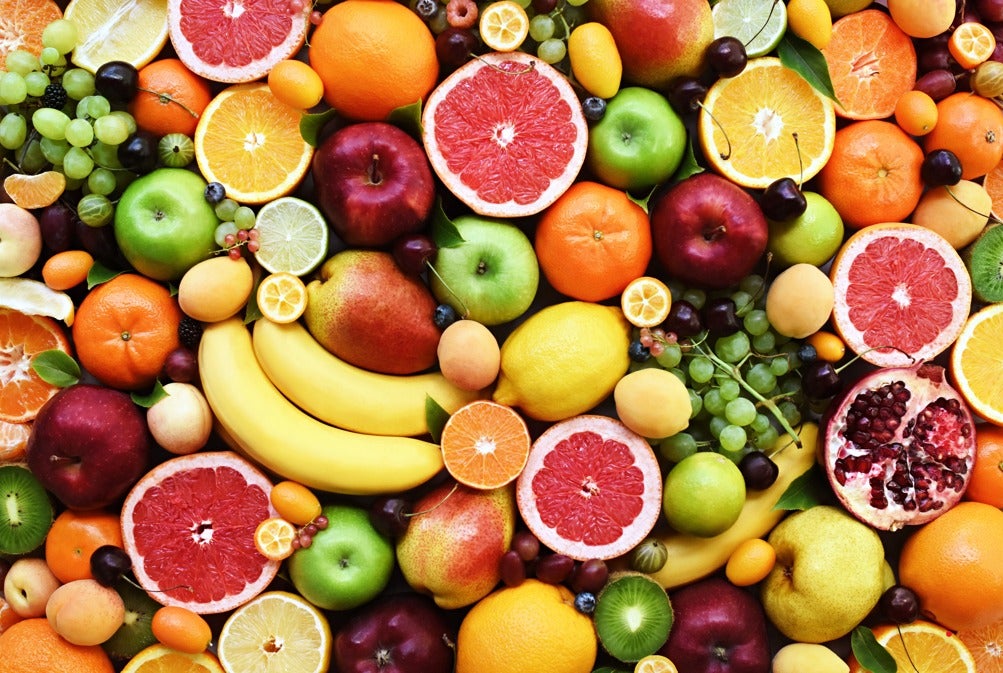Food safety is the absence of chemical and/or biological toxins in food that can affect consumer health. Only safe foods meet dietary needs and contribute to active and healthy lives for all individuals. However, each year, over 400,000 deaths are caused by foodborne illnesses (WHO, 2023).
Foodborne illnesses have been recognized as a significant public health issue in the Americas and globally. These illnesses are responsible for a significant burden of morbidity with high social and economic impacts, particularly in developing countries. Foodborne illnesses result from the consumption of contaminated food and include a wide range of diseases caused by chemical contaminants (pesticide residues, metals, veterinary drug residues) and microbiological contaminants (bacteria, viruses, and parasites) that can adulterate food at various points in the food chain: production, processing, distribution, commerce, and consumption.
June 7th commemorates World Food Safety Day (WFSD), which aims to raise awareness about the importance of detecting and managing food safety risks to improve health.
Food safety and nutrition are part of the concept of Food Security. Unsafe foods have negative effects that result in illness and malnutrition, particularly affecting women, infants, children, the elderly, and those with underlying illnesses. In addition to contributing to food and nutritional security, the supply of safe food strengthens national economies, trade, and tourism. On the other hand, the extensive global value chains that hinder proper food management, the prevalence of plagues and sanitary and phytosanitary diseases exacerbated by climate change, and the high demand for food generated by demographic growth processes are significant challenges in terms of food safety.
However, while the concept of food safety may seem relatively simple, it requires comprehensive control of food throughout the production chains, commonly referred to as “from farm to fork.” The safety of these chains is a shared responsibility among various actors:
- Governments, which play a regulatory role by creating conditions and a regulatory framework, primarily based on the Food Code, to regulate the activities of producers, industry, transporters, and retailers.
- Producers, responsible for applying and complying with government guidelines and controls at the primary production level.
- Transporters, responsible for preserving sanitary conditions during the distribution process of primary or processed foods.
- Retailers, who must ensure the conditions of food during storage, distribution, and preparation.
- Consumers, who must preserve, store, and prepare food in a manner that poses no risks to health.
- Companies and individuals involved in sanitation processes, who must plan, collect, and handle solid waste properly.
To address the challenges posed by food safety, national food safety systems must adopt a broad role that covers everything from the commercialization of inputs for food production to the final product for consumption. Strengthening food safety services requires promoting and supporting their development based on scientific foundations. It is necessary, for example, to incorporate risk analysis and process and risk based inspections, as well as the implementation and management of national food safety assurance systems. These services must have four fundamental components: (1) technical capacity; (2) human and financial capital; (3) interaction with the private sector; and (4) capacity to safeguard public health and access to markets.
The IDB is committed to achieving food safety in Latin America and the Caribbean. To this end, we support several countries in the region through projects and technical cooperation efforts aimed at improving the percentage of foods that meet the safety standards established in national and international regulations; developing traceability processes for productive inputs and food along value chains; implementing good agricultural practices in production, manufacturing, and commerce; reducing the presence of plagues and sanitary and phytosanitary diseases; guaranteeing Access to water and sanitation: and promoting campaigns for the proper handling of food by consumers.
Image Credit: Shutterstock


Leave a Reply